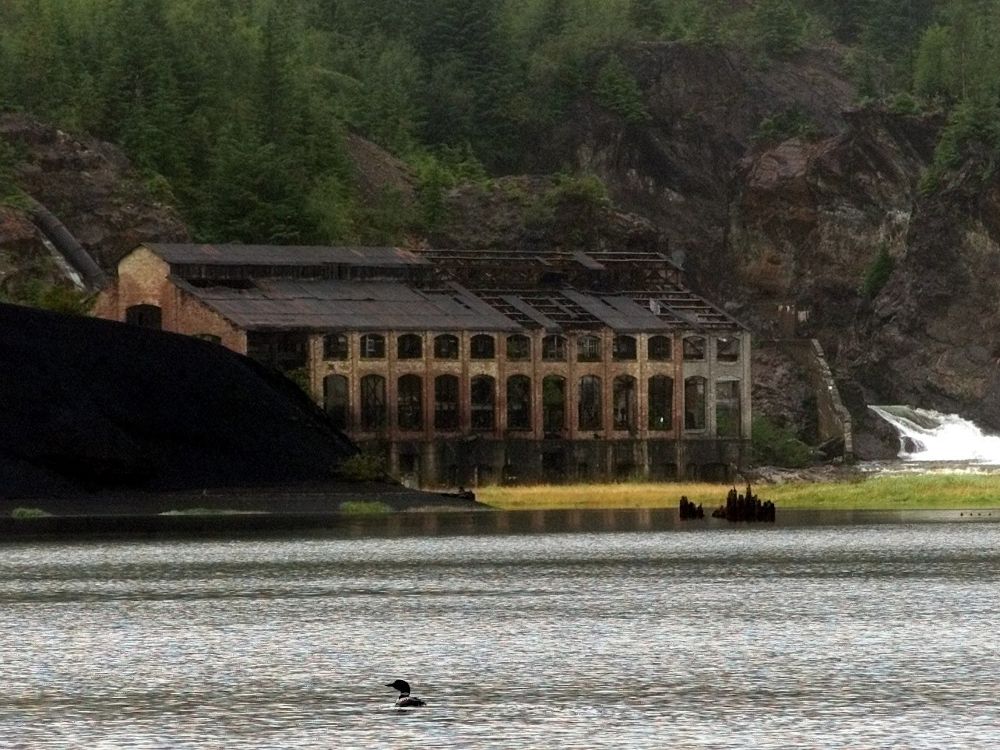And on the lumber side, sure would be nice to have that softwood lumber tariff thing sorted. Seems Big Tree Cutter in the US always seems to win out against Big Wood Consumer in keeping a grip on Canadian lumber going south. Industry’s been boned with both Red & Blue teams in Ottawa - and different coloured US government s - since the early 1980’s

It will never be 'sorted' of course, and the US will continue to lose their case through arbitration processes that regularly rule against them...
The heart of the dispute is the claim that the Canadian lumber industry is unfairly
subsidized by federal and
provincial governments, as most timber in Canada is owned by the provincial governments. The prices charged to harvest the timber (
stumpage fee) are set administratively, rather than through the competitive marketplace, the norm in the United States. In the United States, softwood lumber lots are privately owned, and the owners form an effective
political lobby. The United States claims that the Canadian arrangement constitutes an unfair subsidy, and is thus subject to U.S. trade remedy laws, where foreign trade benefiting from subsidies can be subject to a
countervailing duty tariff, to offset the subsidy and bring the price of the commodity back up to market rates.
The Canadian government and lumber industry dispute this assertion, based on a number of factors, including that Canadian timber is provided to such a wide range of industries, and that lack of specificity makes it ineligible to be considered a subsidy under U.S. law. Under U.S. trade remedy law, a countervailable subsidy must be specific to a particular industry. This requirement precludes imposition of countervailing duties on government programs, such as roads, that are meant to benefit a broad array of interests. Since 1982, there have been four major iterations of the dispute.

en.wikipedia.org




